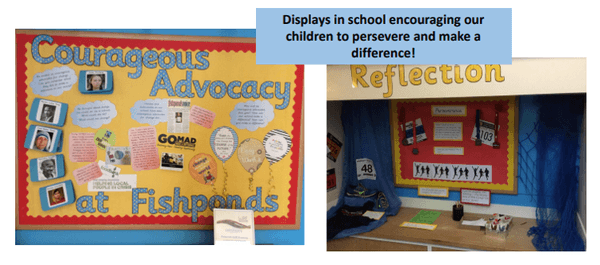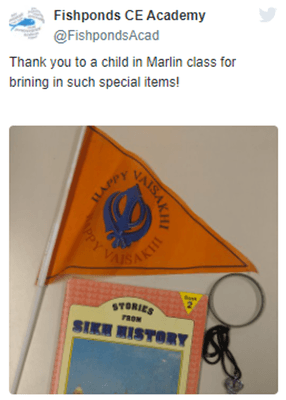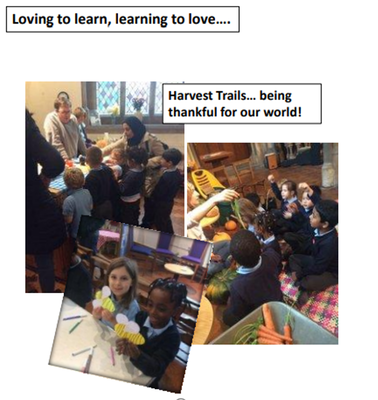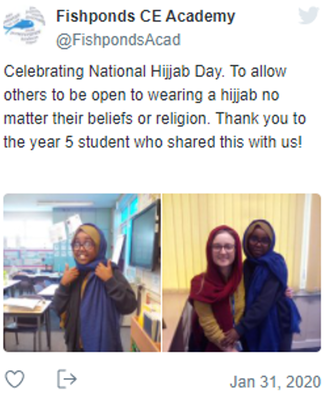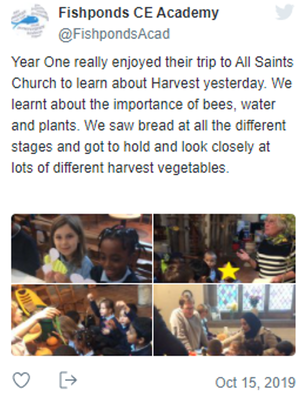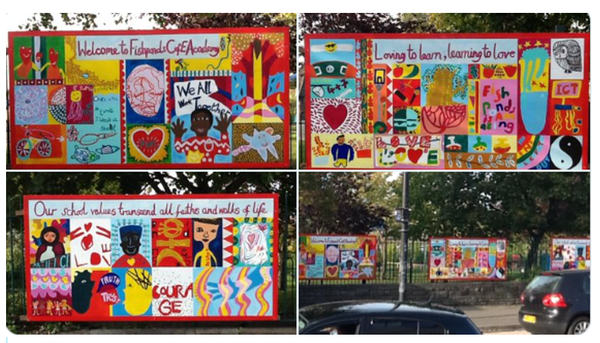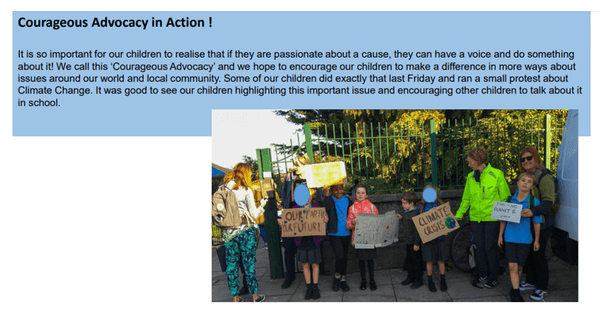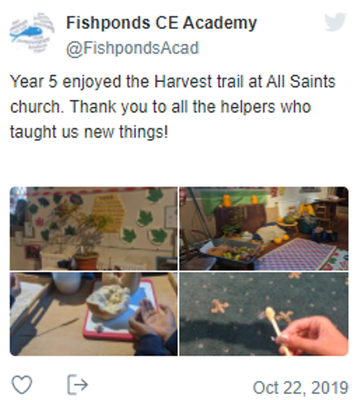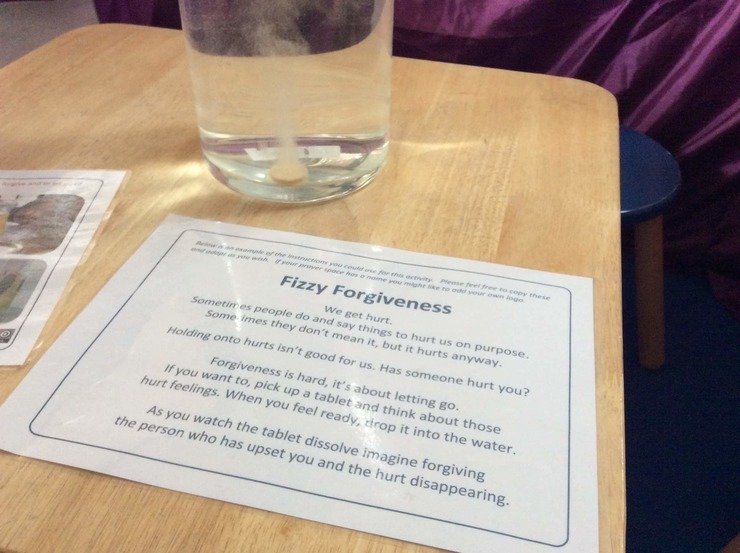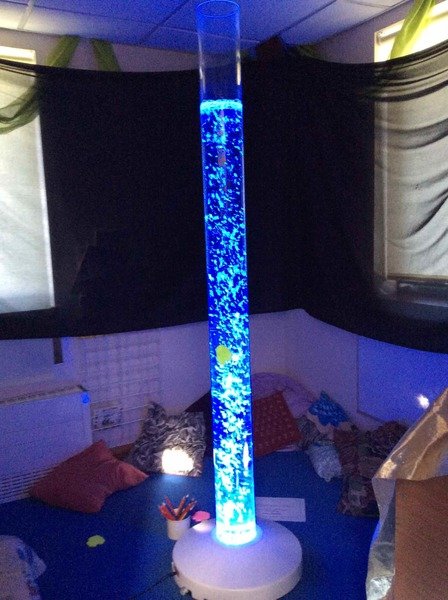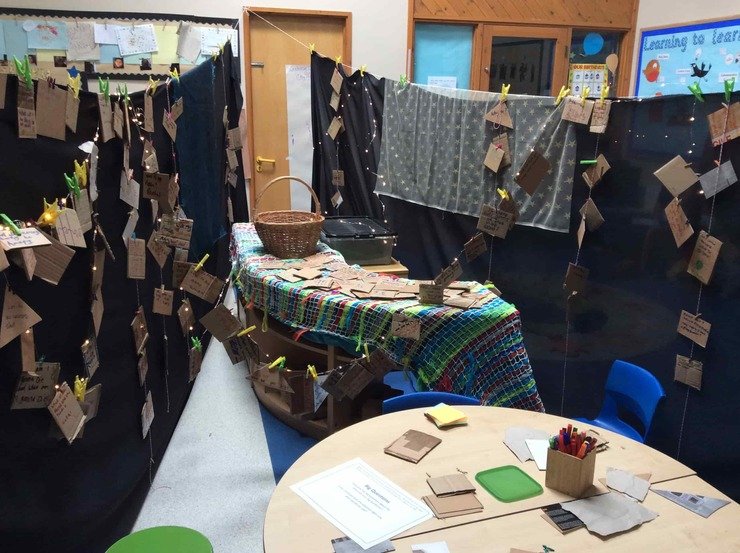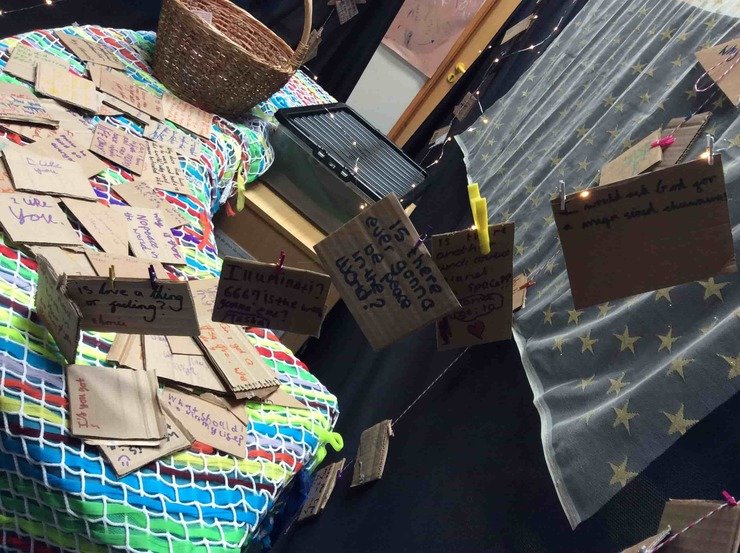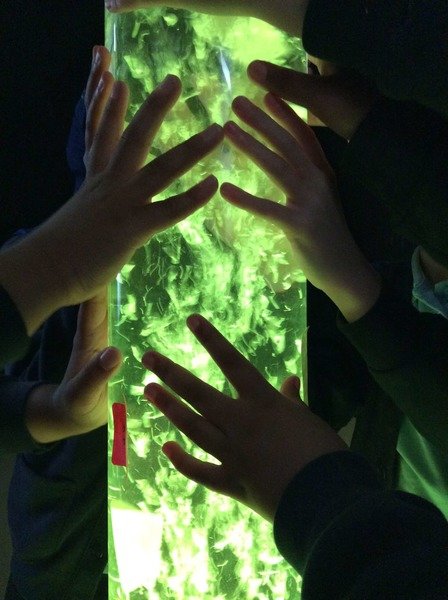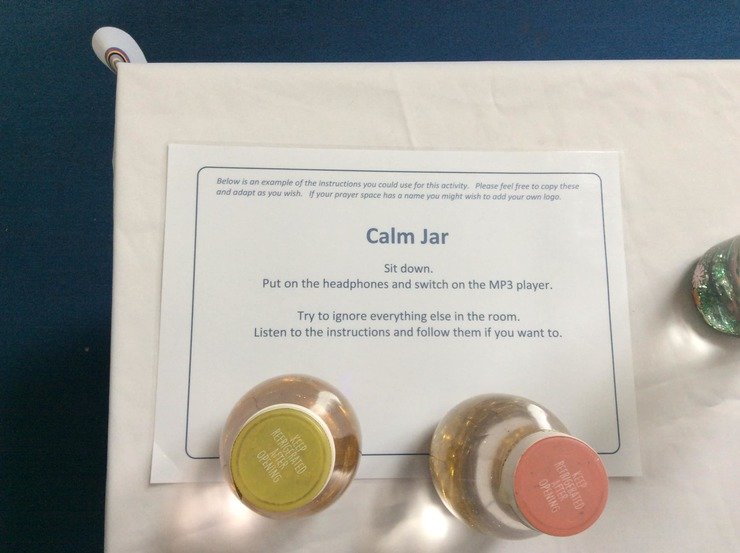Religious Education
Intent
- To enable the children to develop their understanding for a range of different beliefs, religions and worldviews.
- To develop children’s understanding of the key beliefs of the main world religions.
- To develop in pupils an aptitude for dialogue so that they can participate positively in our society with its diverse religions and worldviews.
- To enable children to reflect on why religion plays a big part in believers lives.
- To enable children to agree or disagree respectfully, recognising that different people have different beliefs, both religious and non-religious, and that these should be respected.
- To provoke challenging questions about the meaning and purpose in life, beliefs about God, ultimate reality, issues of right and wrong, and what it means to be human.
- To develop children’s knowledge of symbols and objects that are sacred to different faiths.
- To develop children’s knowledge of different places of worship, and where these are located in our community.
- To recognise that different religions have different stories and individuals that are of key importance.
- To help children become familiar with different religious celebrations and festivals throughout the year, and notice similarities and differences between these.
- To develop links with the local community and Bristol as a city.
- To inspire and enthuse children about the vibrant multicultural and multi-faith community of which we are all part of.
- To provide our children with a broad range of new experiences which enrich their knowledge and understanding of world faiths.
- To learn about and from religions in local, national and global contexts.
- To ensure our children develop and understanding of their identity, beliefs and purpose, better understanding their place in the world through exploring religion relevant to them and the world around them.
- To develop cross-curriculum links with history and geography.
- To embed the school vision and values.
- To develop our children as critical thinkers, empowering them to demonstrate courageous advocacy and develop their spirituality.
- To enable children to make connections between religions and develop their cultural understanding and respect.
- To help children to articulate clearly and coherently their personal beliefs, ideas, values and experiences while respecting the right of others to differ.
- To enable pupils to acquire a rich, deep knowledge and understanding of Christian belief and practice, this should include the ways in which it is unique and diverse.
Implementation
- RE units are taught in year groups on a 1 year rolling programme.
- Children build on their knowledge of Christianity throughout their school life using the ‘Understanding Christianity’ curriculum, allowing them to build up the ‘big story’ of the Bible.
- Each year children study another world faith in addition to Christianity through ‘Discovery RE’. Children revisit these world faiths throughout their education in order to embed knowledge of a range of religions.
- EYFS explore a range of religious special places, people, celebrations and stories to inspire their thinking around different faiths.
- From entering into the Nursery at our Church of England Academy, children will learn about the similarities and differences in our multicultural, multi-faith community. They will reflect on what it means to have a faith and to develop their own spiritual knowledge and understanding
- Skills progression and assessment are used to ensure the children develop their knowledge, understanding and questioning in a progressive way.
- Children’s knowledge of the world faiths and different beliefs are built upon through collective worships, visits from representatives of local religious groups, trips to places of worship and RE Days.
- Experiences at religious festivals such as Harvest, Easter, etc. develop children’s religious thinking.
- In our multi-faith school community, children of all faiths are encouraged and given the opportunity to share their customs. Through these times, we aim to develop an understanding of religious traditions and to appreciate the cultural differences in Britain today.
- Collective worships take place in class, phase and whole school groups in order to allow children to explore and discuss their opinions, hear the viewpoints of others and deepen their understanding of the question of the week in a variety of different contexts.
- Our RE curriculum explores big questions, allowing the children to explore what we can learn from different religions.
- School worship councillors work with the RE Lead to encourage thoughtful questioning and discussions about big questions and beliefs, including their own.
- Vision and values threaded throughout the curriculum.
- The RE and PSHE Lead work closely together to promote mutual respect and tolerance across the curriculums.
